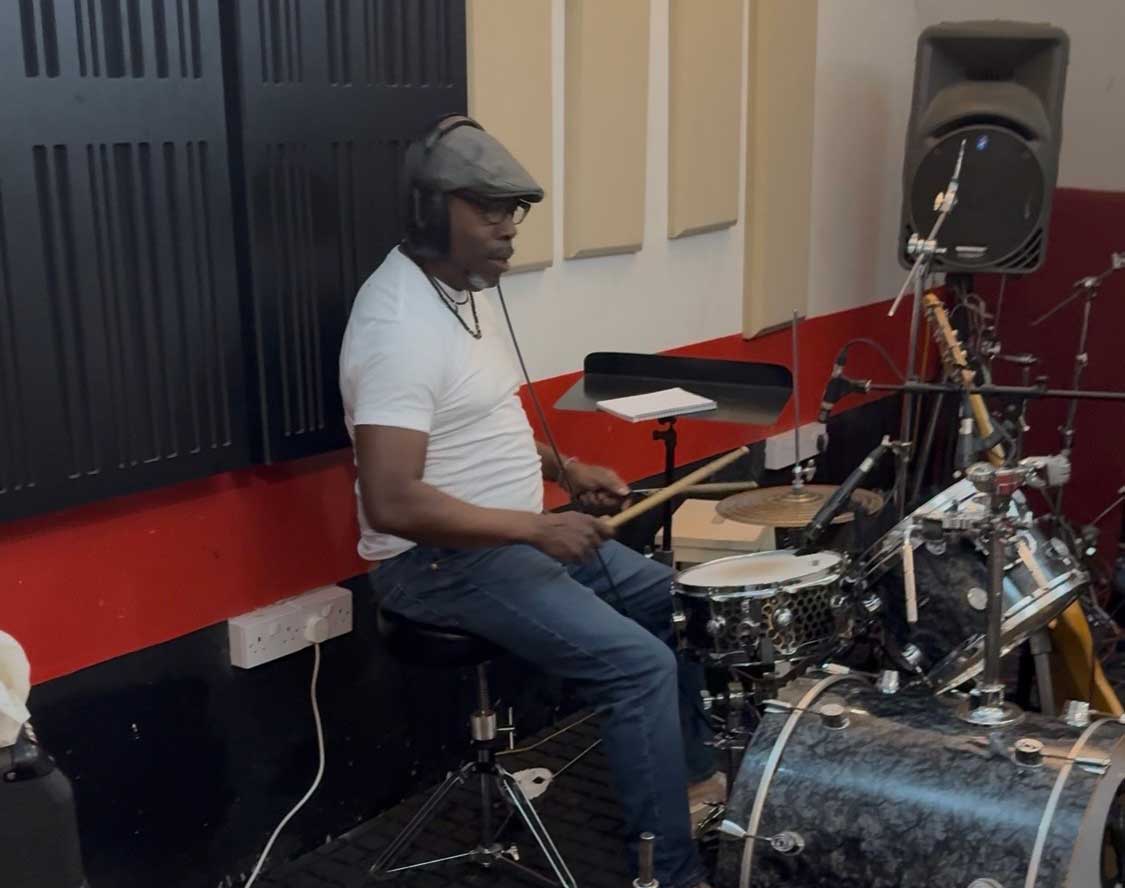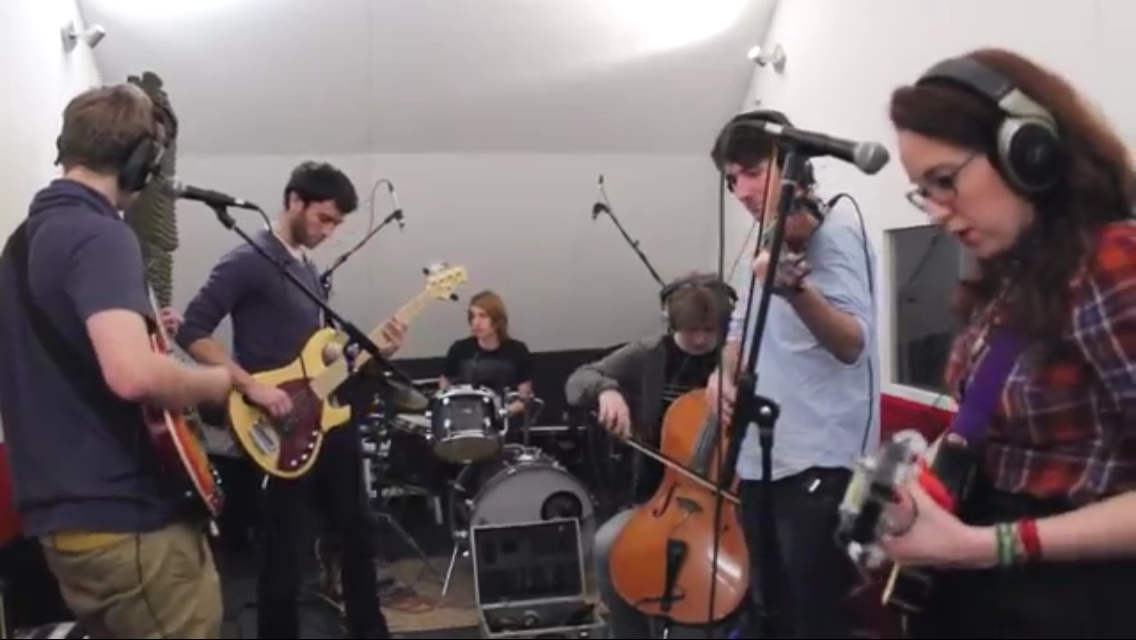
Guidance for parents of young piano students
Learning music should be fun to do but there are processes along the way that can seem like an uphill struggle, especially to a young beginner. However, perseverance through these processes at the start will give a student more freedom at the instrument and, therefore, more fun and a greater ability to express him or herself, which is why they come to the piano in the first place. After a number of years teaching it has been very apparent just how fundamental parental support is to the development of a student’s progress, not just with regards how far that student will go, but even whether they will get off the starting block or not.
These notes are offered to parents to remind them that they can be hugely instrumental (excuse the pun) in harnessing their child’s enthusiasm for music. Their support will encourage positive progress to emerge as a result of curiosity and fun as well as perseverance. The home sessions and the learning process itself become a journey of discovery, and a young student’s goal to be able to play the piano is achieved a lot quicker than thoughtless time spent ‘going through the motions’.
I will say, firstly, that I hate the word ‘practice’. A couple of the many dictionary definitions are ‘habitual performance’, and ‘repeated or systematic exercise’. You cannot do either unless you KNOW what it is you are doing! So a session at the piano is about LEARNING until such a time when KNOWING is reached. Then follows playing, and perfecting, both with an always curious and enquiring mind. All time spent at the piano should have attention and concentration so as to incur clarity of the text and freedom of muscles; unmindful drilling and repeated practice doesn’t make perfect, unless you can include perfect mistakes and a perfectly awful technique! Engaging, absorbing and attentive study at the piano makes for thoughtful and expressive playing, takes a lot less time, and is a darn sight more interesting along the way!
And while all this sounds like hard work, it doesn’t have to be. On the contrary, getting involved will add a fun and interactive element to what can sometimes be a struggle in the early stages when there is so much new material to absorb and digest. I have a countless number of ‘games’ I play with my students (see link below) and I’m sure your child’s teacher will have their own (usually they are a fun way of learning notes/listening games/creative games) so include these in the sessions at home.
Scheduling
A very young student will need help in managing their schedule so that they fit in their regular sessions at the instrument. And while this may sound obvious, it doesn’t always happen. There is no way with school/playtime/after school activities/supper/homework/friends/tv etc that a young child will have the discipline to put aside time for the piano. The number of students I have had over my 25 years of teaching who were prodigious and passionate enough to sit at the piano for hours on end on their own I can count on the fingers of one hand (and that doesn’t include the thumb!). Having a parent help schedule the time, and gently discipline the child to keep to this schedule, can be an enormous benefit when there are so many other distractions.
How often?
This depends on the age of the child, their stage in learning, their own enthusiasm, their concentration span, and the quality of the time spent at the piano. In the very early stages when the fundamentals are being absorbed, as long as there is an understanding of what is being learnt, then little and often is probably best. As things become more complex then a little more time is needed to reach a mental understanding of what is being learnt, and a correspondingly increasing amount of time is needed to physically absorb it both into the mind and into the fingers. Personally, I think it is important to have days off built into a schedule so there are guilt free non-piano days, rather than schedule practice every day and then ‘not get around to it’, but at the same time I know for some students it works to have it so ingrained into their routine, like cleaning their teeth, that they come to the piano without question and just get down to their work. It works differently for different families so decide what is right for your and your child.
How Long?
The same constraints apply with regards age, standard, level of concentration etc. It will be different with each student. In any case though, allow for periods of ‘fiddling’ and games on top of the homework that a teacher sets, either within the practice session, or maybe in a second daily session. For instance, covering the set practice in the morning then leaving the pupil to do whatever takes their fancy in the evening – improvising, games, messing about finding tunes etc. Ideally when new technical habits are being formed then even the fiddling should be mindful, otherwise the good work undertaken in the set time gets undone as old habits take over when concentration is elsewhere. However, paramount is an enthusiasm and curiosity for the music and instrument so it is vital for a pupil to have time at the piano in ‘discovery’ mode!
Offer Moral support
As a solo instrument it can be lonely and isolating for a young child in a room on their own when they are struggling with the early stages. Having the encouragement and close proximity of a parent can be a positive support to their experience, quite apart from the practical help that a parent can provide.
Be Another pair of eyes and ears
The time at home is the time when technical habits are learned and ingrained, A parent will need to go over the teacher’s notes, ensure that everything gets done and gets done well. Ask the teacher for clarification at the end of the lesson if you don’t understand anything.
There can be complicated and complex reasons why we do things, or don’t do things at the piano in a certain way, that a parent might understand but that a young child might not. Plus, it is very hard to monitor yourself and how you do things at any age, let alone at 6 or 7. Your child’s teacher will have given exercises during a lesson to help develop good fingers and technical skills. You should be able to ask as often as you like for demonstrations. As practice is about developing habits, short very focussed bursts at technique is better than long protracted sessions with concentration slipping. Once you have understood what your child’s teacher is asking, do pay great attention to helping your child achieve it, with gentle encouragement, and helping them observe when they do things correctly as well as incorrectly. This is the only way good habits can be learned and engrained and a good technical foundation means that time won’t have to be spent later on correcting bad habits which themselves hold up a musical progression (i.e. tense fingers won’t have the necessary freedom for the expression, facility, velocity and sensitivity required by more advanced music).
Lastly, try to be a reminder of what the teacher wants, rather than a judge, as this will undermine their confidence and can dampen their desire completely.
Encourage regular reading of new material
I have a number of activities that help with reading that I suggest students and parents do at home and I’m sure your teacher will too. I was very late to being a good reader but wow, the joy from being able to pick up a piece and make a fair crack of it is huge. Plus, being a good reader makes learning new music so much quicker and less painful! Later on of course, (as if you need further encouragement to add in this skill to your offspring’s practice), it opens doors to joining bands/accompanying/duets etc etc.
Fun!
As I said before, do include games. If you need some inspiration you can find some here
http://www.alexandrawestcottpiano.co.uk/resources-for-parents/
Make sure you include things to help with learning the notes on the piano, learning notes on the stave, listening (aural) awareness, memory, creativity and theory.
Other supportive activities
Other things you can do to support your child’s musical life is to play a wide variety of music around the house, attend concerts (there are lots of concerts aimed specifically at children where they can play the instruments etc), check out the internet for interesting bits of information about composers they are studying or listen to fragments of other pieces by the same composer. Write stories or draw pictures while listening to (any) music. Listen to tapes of stories of the great composers.
Notes to remember
Music is an expressive and communicative art so a student needs to feel comfortable with themselves, and allowing them an inquisitive mind and lively ear, and the freedom to translate their expressions to sounds, is vital in their growth as musicians. It is challenging but necessary to encourage them without judgement so that they feel free to explore the colours and sounds of the instrument without feeling censored, but are guided in areas where there is a ‘right’ or ‘wrong’ (i.e. note). Finally, I’m a great fan of rewards, but when extra motivation is needed make sure the rewards are for trying rather than for getting it ‘right’. Sometimes the road to getting things right is rather long so boosts along the way can give the encouragement needed to continue.
Conclusion
Just to reiterate, after all these suggestions, this is about making music and learning the piano fun, as well as providing a solid technical and musical foundation. Whether or not a student goes through the exam structure, or takes it to GCSE/A level, it is a skill and pleasure that is with them for life, so it seems worthwhile to offer them the best support we can.
Alexandra Westcott, BA
Piano teacher/Accompanist
Follow me on Twitter: @MissAMWestcott
A Fellow of the ISM
Muswell Hill N10
07966 141944
www.alexandrawestcottpiano.co.uk
Author: ‘Piano Teaching as a Career’
“Very readable, clearly laid out, and should be in every piano teacher’s library”
Music Teacher Magazine
buy from Amazon.co.uk / Amazon.com
or Lulu.com
Pianist for Freefall Jazz
Contact: alexandrawestcott@yahoo.co.uk






